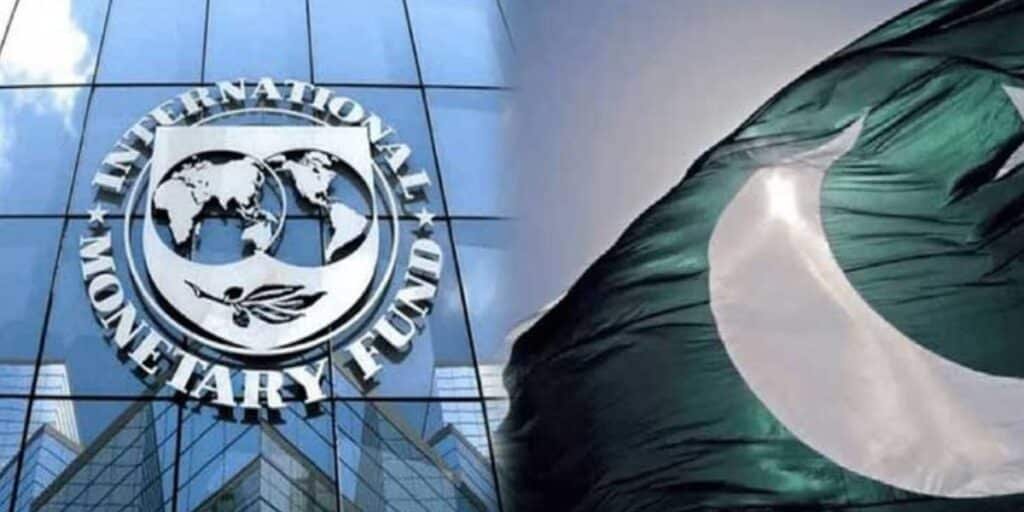The International Monetary Fund (IMF) has sent a Corruption and Governance Diagnostic Mission to Pakistan for the second time to discuss issues with over 30 departments and institutions on April 3.
The IMF mission will also hold significant meetings with the registrars of the Supreme Court of Pakistan (SCP) and National Accountability Bureau (NAB) over numerous matters.
IMF is holding these anti-corruption meetings with multiple departments because it will finalise a report and recommend a set of strategies which Pakistan will have to follow in order to be eligible for the next tranche of loan.
These strategies will be aimed at addressing corruption, governance, and money laundering issues in the country.
The issues include shady practices by the sugar industry, construction industry, banking sector regulations, suspicious transactions, accountability of judges, debt management by provincial authorities, treasury accounts’ handling by provinces and money laundering.
The mission will stay in the country, holding in-depth discussion with multiple departments till April 14.
The IMF mission will also meet with the registrar of Supreme Court of Pakistan to hold discussions over judicial efficiency and accountability of judges.
IMF’s agenda also includes meeting with Ministry of National Food Security and Pakistan Sugar Mills Association (PSMA) to discuss the sugar mafia in Pakistan. The IMF will reportedly raise the issue of government policies that favour sugar mills at the expense of common citizens.
For instance, the price controls of sugar set by the government go against the rules of free market.
Furthermore, the mission will also meet with the Federal Investigation Agency (FIA) and NAB departments to engage with them over their corruption investigations and operations.
Interestingly, the IMF mission also seeks to discuss the Right to Access to Information law with the government as traditionally, government departments remain reluctant to share information with taxpayers.
Read more: Gold prices in Pakistan break records reaching Rs323,380 per tola





